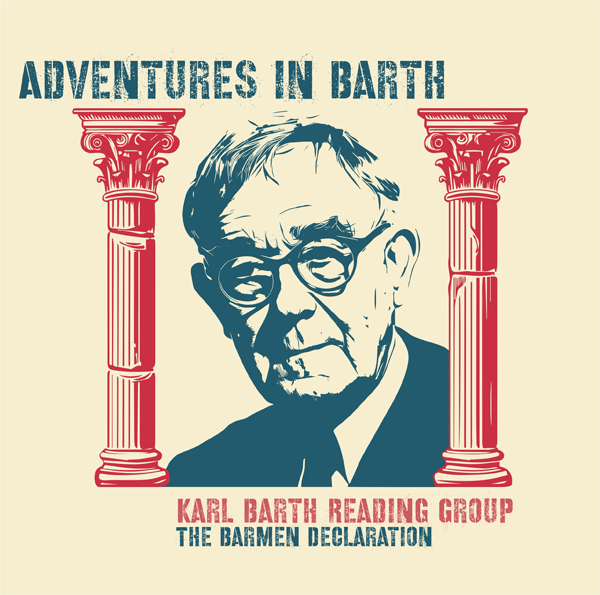Faith When It’s Hard
Tim Keller, the founding pastor of Redeemer Church in NYC, was diagnosed recently with pancreatic cancer, a terminal diagnosis. Keller has counseled many as they face death, but now he writes, he feels something like a surgeon who finds that he is now the patient. What of his own faith at such a time? His Atlantic article is an honest and moving piece.
It also ties in with a piece I wrote last week on “Freed from Our Subjectivities.” Keller says that sometimes people abandon faith in God when they experience suffering. He draws on the work of philosopher, Charles Taylor, and his monumental work, A Secular Age, to gain another perspective.
I found this part of Keller’s article especially helpful:
“Paul brand, an orthopedic surgeon, spent the first part of his medical career in India and the last part of his career in the U.S. ‘In the United States … I encountered a society that seeks to avoid pain at all costs,’ he wrote in his recent memoir. ‘Patients lived at a greater comfort level than any I had previously treated, but they seemed far less equipped to handle suffering and far more traumatized by it.’
“Why is it that people in prosperous, modern societies seem to struggle so much with the existence of evil, suffering, and death? In his book A Secular Age, the philosopher Charles Taylor wrote that while humans have always struggled with the ways and justice of God, until quite recently no one had concluded that suffering made the existence of God implausible. For millennia, people held a strong belief in their own inadequacy or sinfulness, and did not hold the modern assumption that we all deserve a comfortable life. Moreover, Taylor has argued, we have become so confident in our powers of logic that if we cannot imagine any good reason that suffering exists, we assume there can’t be one.
“But if there is a God great enough to merit your anger over the suffering you witness or endure, then there is a God great enough to have reasons for allowing it that you can’t detect. It is not logical to believe in an infinite God and still be convinced that you can tally the sums of good and evil as he does, or to grow angry that he doesn’t always see things your way. Taylor’s point is that people say their suffering makes faith in God impossible—but it is in fact their overconfidence in themselves and their abilities that sets them up for anger, fear, and confusion.
“When I got my cancer diagnosis, I had to look not only at my professed beliefs, which align with historical Protestant orthodoxy, but also at my actual understanding of God. Had it been shaped by my culture? Had I been slipping unconsciously into the supposition that God lived for me rather than I for him, that life should go well for me that I knew better than God does how things should go? The answer was yes—to some degree. I found that to embrace God’s greatness, to say “Thy will be done,” was painful at first and then, perhaps counterintuitively, profoundly liberating. To assume that God is as small and finite as we are may feel freeing—but it offers no remedy for anger.”
I encourage you to read Keller’s whole piece, which isn’t especially long.
We’re nearing the end of Lent. This coming Sunday, March 21, is the fifth Sunday of Lent, the next is Palm Sunday and Holy Week. I’m preaching this Sunday, for my daughter’s congregation, Bethel U.C.C. and for their neighbor church, Riverside UCC, in Hood River. Two of my favorite congregations.
The gospel text, John 12: 20 – 33 and the imminence of Holy Week make dealing with Jesus’ death unavoidable. Like dealing with our own, pace Keller, we often avoid the death, the crucifixion, of Jesus. I’ll try to face into it in my sermon this week.
![Anthony B. Robinson [logo]](https://www.anthonybrobinson.com/wp-content/themes/anthonybrobinson/images/logo.png)
![Anthony B. Robinson [logo]](https://www.anthonybrobinson.com/wp-content/themes/anthonybrobinson/images/logo-print.png)
